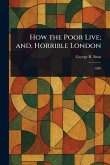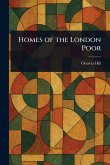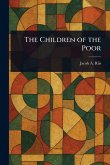"The Sanitary Condition of the Poor: in Relation to Disease, Poverty, and Crime" by Benson Baker offers a stark and unflinching look at the intersection of public health, poverty, and crime in urban environments. This vital work delves into the connections between unsanitary living conditions and the spread of communicable diseases, exploring how inadequate urban sanitation contributes to cycles of poverty and fuels criminal activity. Baker's detailed examination sheds light on the urgent need for effective disease prevention strategies and improved public health initiatives, revealing the societal costs of neglecting the health and well-being of the most vulnerable. A crucial historical document in the field of social sciences, particularly sociology and urban studies, this book remains highly relevant for anyone interested in understanding the roots of inequality and the ongoing challenges of creating healthy and thriving communities. This print edition ensures the preservation of this important work. This work has been selected by scholars as being culturally important, and is part of the knowledge base of civilization as we know it. This work is in the public domain in the United States of America, and possibly other nations. Within the United States, you may freely copy and distribute this work, as no entity (individual or corporate) has a copyright on the body of the work. Scholars believe, and we concur, that this work is important enough to be preserved, reproduced, and made generally available to the public. We appreciate your support of the preservation process, and thank you for being an important part of keeping this knowledge alive and relevant.
Bitte wählen Sie Ihr Anliegen aus.
Rechnungen
Retourenschein anfordern
Bestellstatus
Storno









